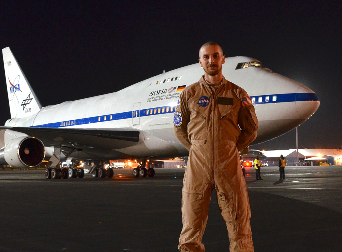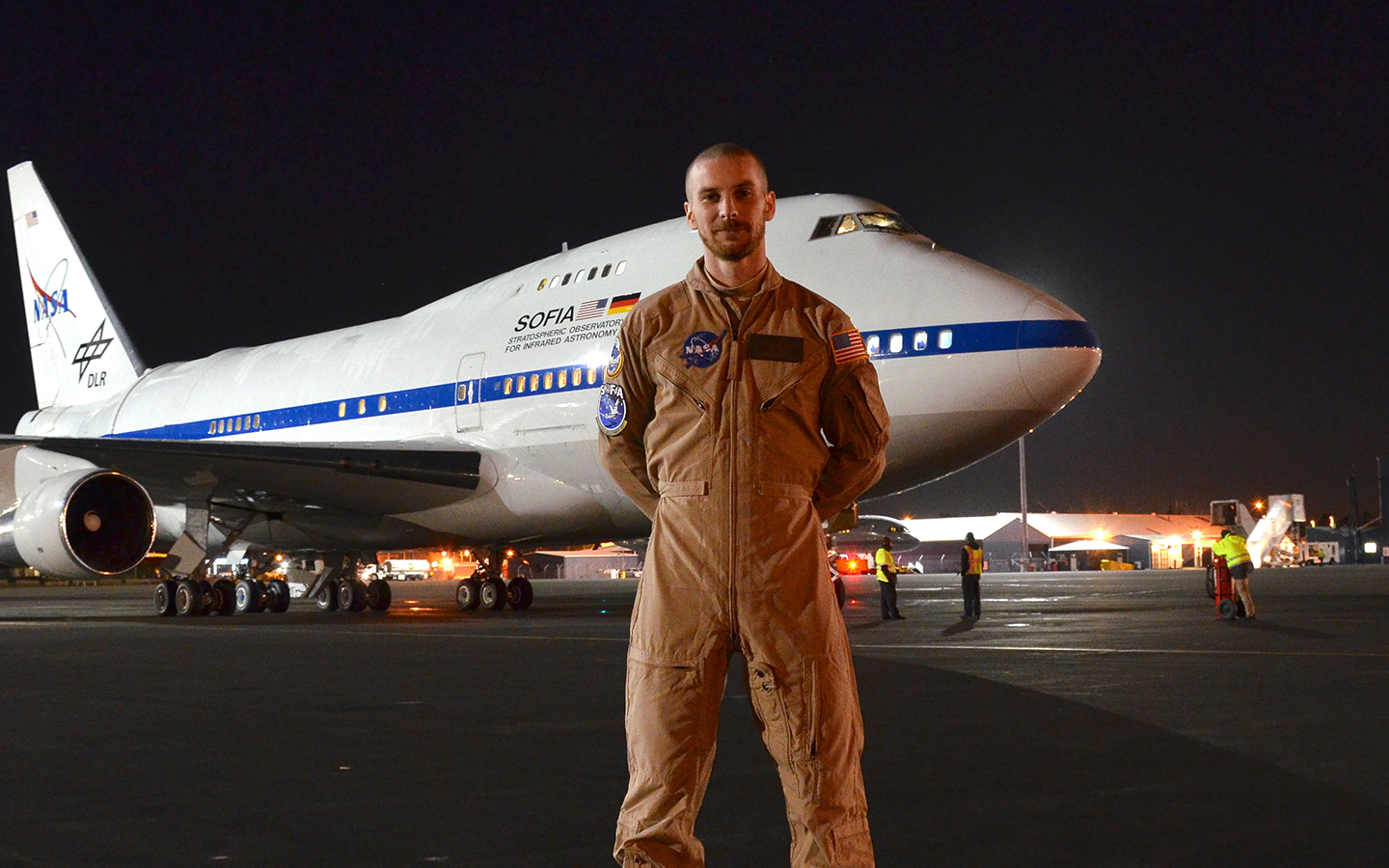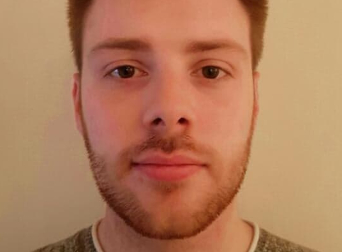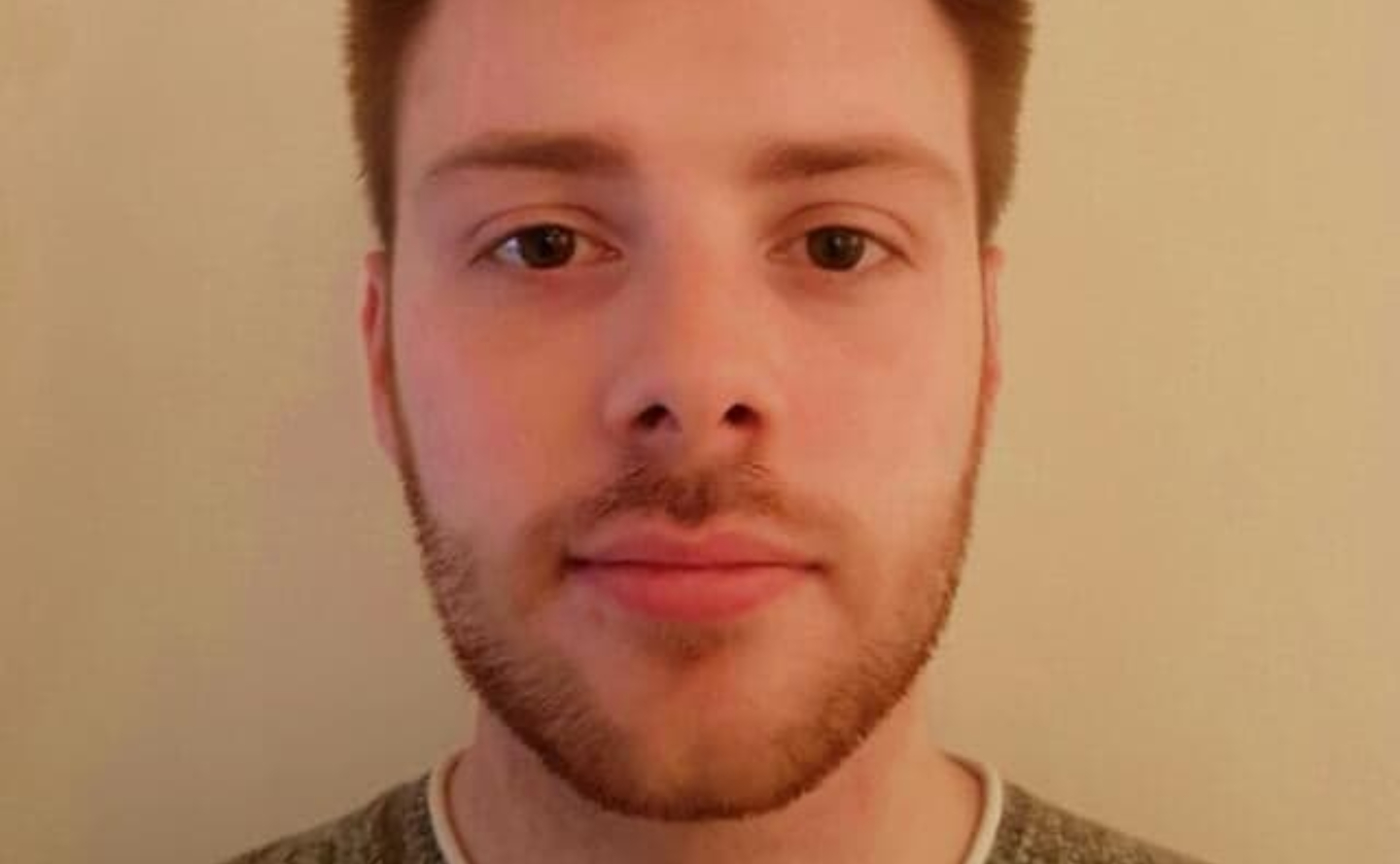Sign up for updates
Interested in studying at the University of Hertfordshire and want to sign up to our mailing list to learn more about our facilities, living in the UK and student life? Use the form below and our team will also keep you informed of key updates such as events near you, applications opening and more!
MPhys (Hons) Astrophysics with Space Science
£2,000 scholarship available with the ‘Mathematics and Physics’ scholarship.
Key information
-
Typical offer:
Entry requirements -
Fees: See below
Full details -
UCAS code: F512
-
Institute code: H36
-
Study abroad option
-
Work placement option
Find out more
Why choose this course?
- 2nd in the East of England (after Cambridge) for Physics & Astronomy(2023 Complete University Guide)
- Use one of the best equipped teaching observatories in the UK
- Hands-on field trip to Goonhilly Earth Station in Cornwall
Combine your interests in astrophysics and spaceflight
You are fascinated by the science that underlies our current understanding of the universe, and you are excited by the exploration of space within our solar system using spacecraft. You want to develop your skills in physics, maths, computing and practical work and understand how modern technology is enabling us to probe further into the universe - using telescopes based on the Earth and in space - and travel to more distant worlds using robotic spacecraft. You are interested in the role that the space industry can play in saving and protecting our planet.
We offer a broad and exciting curriculum which covers topics from planetary science to space systems, cosmology to rocket science. Our hands-on approach to the application of the physical and space sciences will spark your imagination. You’ll become creative and be able to solve real-world problems based on research-informed knowledge.
You don’t want to choose between your two favourite subjects. By studying astrophysics with space science at Herts, you’ll have the best of both worlds.
Benefit from our links to the space industry
At the University of Hertfordshire, you’ll benefit from national and international links to the space industry. We have strong links to leading space industry experts, including: Goonhilly Earth Station (GES) in Cornwall, Airbus Defence and Space (in nearby Stevenage), the UK Space Agency and NASA, together with the rapidly growing number of Earth observation and satellite companies. You’ll even have the opportunity to undertake a week-long field trip to GES to gain hands-on experience with its deep space communication facilities, and training mission operations.
Herts and Hatfield have a proud history in space science and innovation. The pioneering Blue Streak rocket was built in Hatfield and the mathematics department has been involved in ground-breaking work on the optimisation of spacecraft trajectories. The University continues to build excellent industry links and forge progress in international space exploration and research.
You’ll benefit from access to one of the best astronomical teaching observatories in the UK – Bayfordbury Observatory. The Observatory, which hosts a suite of space science instrumentation, will enable you to observe and measure stars and planets, and track satellites as part of your own research and project work. Our team of expert researchers and academics will be with you every step of the way. With lots of opportunities to master practical skills and theory, you’ll step into your future career with confidence.
What's the course about?
Astrophysics is the study of the physical processes that shape the structure and evolution of our universe. This study takes place on many scales, from extrasolar planets to supermassive black holes – both areas currently under research at the University of Hertfordshire. Space Science is the application of physics and engineering to the space environment of the Earth, and to spacecraft systems and dynamics. The development of ingenious instrumentation which is able to push measurements to their physical limits is important to both astrophysics and space science.
Your main campus is College Lane
This is where the creative arts, science and health-related subjects are based. This means you’ll share the campus with future nurses, scientists, artists and more. You can use the common rooms to relax with friends, work out in the 24-hour gym or have a drink in our on-campus pub or cafes. We also have restaurants for you to eat in or grab something on the go. Our Learning Resources Centres are open 24/7, which means you can study whenever suits you best. Want to pop over to the other campus? You can take the free shuttle bus or walk there in just 15 minutes.
New School of Physics, Engineering and Computer Science building now open
Learn in our new state-of-the-art building called Spectra, featuring a variety of interactive learning spaces. Benefit from two brand-new physics teaching labs.
Spectra is home to the Centre for Climate Change Research and the Wolfson Centre for Biodetection and Instrumentation Research, which have both been created in response to the most pressing global challenges. You will also benefit from our Academic Support Hub, which is aimed at helping you build your employability and academic skills. Plus, have access to industry mentors who will provide you with pastoral support, vocational guidance, and career progression opportunities.
Spectra will also provide space to collaborate, with plenty of workshops, social and meeting spaces available. Even better, the building has been designed with the University’s net zero carbon target in mind, and forms part of our plan to replace or upgrade older sites that are energy inefficient.
What will I study?
Our course offers a unique blend of core physics and astrophysics alongside the specialised area of space science. While based in the Department of Physics, Astronomy and Mathematics, you’ll also benefit from opportunities to take modules from the Department of Engineering, including Space Systems and Rocket Propulsion and Performance, and Satellite Communications.
At Herts, we offer a range of teaching methods so you can reach your full potential. From small-group tutorials, to lectures, practical classes and guest speakers from industry, you’ll be inspired and supported every step of the way. You’ll also have access to Bayfordbury Observatory where you’ll carry out astronomical observations in a professional setting.
We offer a problem-based learning approach. Be inspired by our hands-on/practical approach to teaching. You’ll have the chance to work in teams to design a space science mission. You’ll then deliver your findings in a competitive tender presentation to justify your proposal.
Not only will you showcase your theoretical knowledge, but you’ll gain confidence as an expert problem-solver through creativity and logic. For example, a workbook that you create in the module Space Dynamics is a detailed record of your investigation of the orbital and spin dynamics of spacecraft. Although a form of assessment, many graduates have used the workbook during job interviews to highlight their skills and capabilities.
In your first year, you’ll develop a solid broad foundation in physics, astrophysics and scientific mathematics, alongside training in laboratory and observatory techniques. The emphasis is on closely supporting your studies through regular academic meetings with a personal tutor in small groups. The class sizes mean that you will quickly get to know your peers and work together, sometimes in study groups that you form yourselves. A valued feature of the course is the easy and informal access you have to staff teaching on the modules.
In your second year, you’ll begin start to specialise in more advanced areas of astrophysics and space science, including modules in Space Science and Systems and advanced core curriculum in electromagnetism and optical physics. Astrophysics modules focus on the planetary scale of real interest to space scientists - Physics of the Solar System and Extra-Solar Planets.
In your third year, you will study topics such as nuclear and particle physics and star formation. You’ll also undertake an in-depth investigative project. Throughout the project, you’ll be closely supervised and guided by one of our experienced researchers in the Centre for Astrophysics. Previous projects have included mapping the Orion Nebula with our telescopes at Bayfordbury Observatory, studying planetary systems with the Herschel Space Observatory, and modelling high energy jets from galactic nuclei. You'll study the performance and propulsion of rockets and study spacecraft dynamics in an innovative computer-based environment.
In your final year on the MPhys course, you’ll progress on to study more advanced areas in a range of astrophysics specialisms. You'll also meet current postgraduate students in the department in these classes and undertake an advanced module within the Department of Engineering and Computer Science on the space systems approach to mission planning. This year is good preparation for your next steps into postgraduate research.

Alumni Stories
Dr Samuel Nathan Richards
Meet Dr Samuel Nathan Richards, who has taken his degree out of this world. Samuel currently works for NASA as the Mission Director & Instrument Scientist for NASA/DLR mission: SOFIA in California.
Read more stories BSc (Hons) Astrophysics| Current job role | Mission Director & Instrument Scientist for NASA/DLR mission: SOFIA |
|---|---|
| Year of graduation | 2012 |
| Course of study | BSc (Hons) Astrophysics with Sandwich Year |

Global opportunities
Samuel currently works as the Mission Director & Instrument Scientist for the SOFIA mission, based in Palmdale, California at the Stratospheric Observatory for Infrared Astronomy. Nathan has worked toward this role since completing his degree and a PhD in Astrophysics at the University of Sydney, Australia.
He says, 'I would not be where I am without the opportunities that were available while studying at the University of Hertfordshire. From extracurricular projects, to connections with other world ranking universities. I'm thankful to the University for its guidance and support that kick-started my career.'
Samuel decided to study at the University after seeing a promo video in sixth-form that featured the Bayfordbury Observatory. He says, 'When I discovered how strong the University's Astronomy department was, I felt that this was an environment that I could thrive in.'
'The lecturers were world-class, active astronomers, so each class was dynamic to the ever-changing knowledge of their respective fields of research. Their willingness to accept keen students for extracurricular research projects gave me early first-hand experience of the career I was about to launch myself into. Their international connections opened a path for me to do a research year at the University of Sydney, where I would later return to complete a PhD!'
Just the beginning
Pursuing a career in astronomy is highly competitive but incredibly exciting. Opportunities in these industries are truly global and roles are very diverse. 'I didn't know I'd end up working at NASA, but I took all opportunities as they arose.' Samuel encourages new and current students to do the same. 'Find what you enjoy and do that, over money, status and fame. There are many routes to where I am now, my colleagues come from very different backgrounds: astronomy, electrical and mechanical engineering and computer science, and that is just within my role, let alone all the other roles under NASA's umbrella.'
'I'm still learning, developing and taking on new opportunities!'

Alumni Stories
Thomas Owen
Meet Thomas Owen who discovered his passion for analytics while at university. He is currently a Sales and Capacity Planner at Ocado.
Read more stories BSc (Hons) Physics| Current job role | Sales and Capacity Planner |
|---|---|
| Year of graduation | 2015 |
| Course of study | BSc (Hons) Physics |

University life and experience
Thomas initially decided to come to the University of Hertfordshire based on our excellent Physics facilities, including Bayfordbury Observatory. While visiting the campus at an Open Day he was impressed with the amount of support available and our ranking in league tables for Physics evidenced in the expertise of our lecturers.
Throughout his time at the University, Thomas felt fully supported. He says, ‘There was never a point where I felt I had to go it alone and help was always on hand if things got tough. Lecturers took the time to meet with me personally if I had questions and the 24/7 LRC had everything I'd need for self-study and exam practice.’
After graduating, he has realised that the challenges he faced throughout his degree have fully prepared him for his working life and future career.
‘My studies helped me prepare for working in busy, dynamic environments by challenging me all the time. Whether it was working on a big project, my dissertation, or preparing for my exams – my experiences encouraged me to take challenges head on.’
While he worked hard throughout his time at university, he is pleased that it paid off. He explains that handing in his final year dissertation and being awarded a first made it all worthwhile.
Future aspirations
Thomas initially did not think that he would be working in online grocery and retail, however, he has found the industry to be challenging, rewarding and fast-growing. He explains that he likes the variety of roles and ‘different areas of aspire to work in.’
